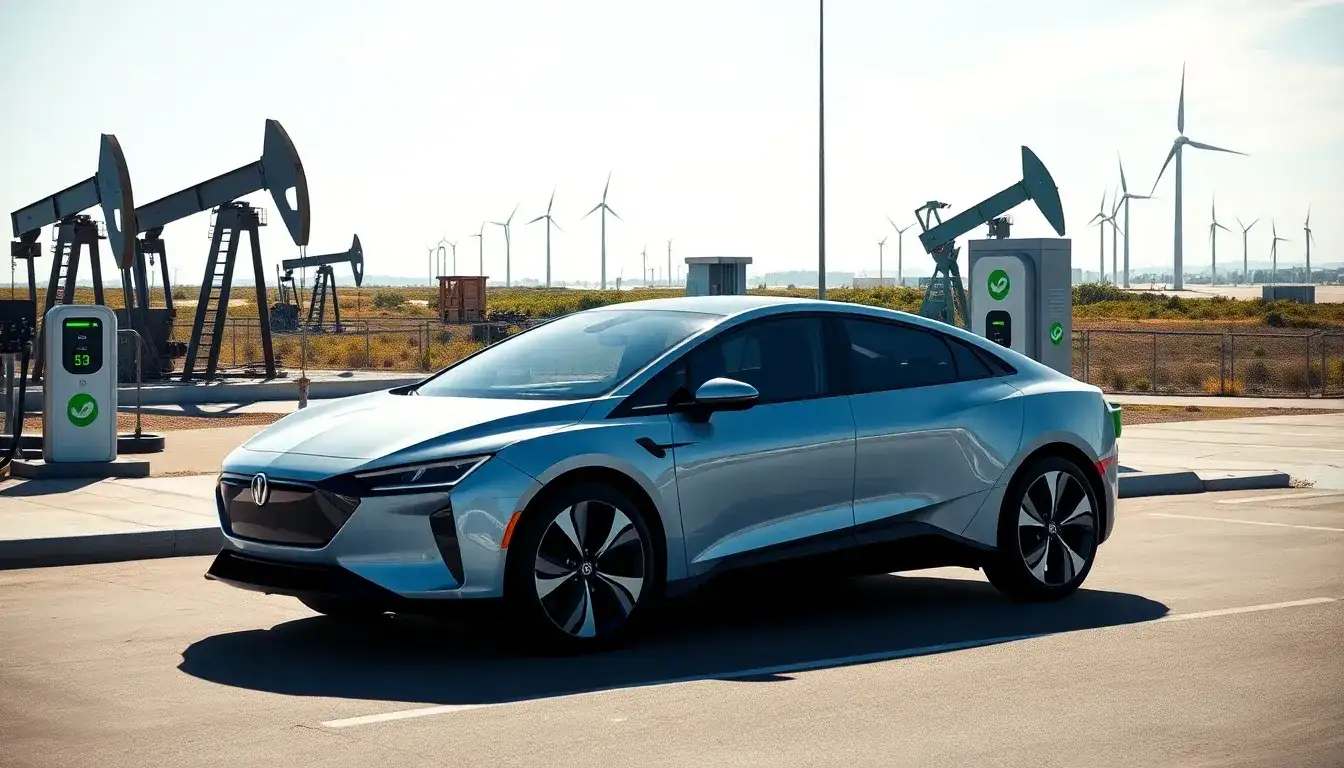
Recent Developments in the Electric Vehicle Sector
The ongoing advancements in the electric vehicle (EV) sector continue to capture attention, particularly as the industry moves toward increased efficiency and sustainability. On March 19, 2025, significant announcements were made regarding the development of electric vehicle technologies and infrastructure.
During a recent event in Shenzhen, the focus was on the launch of the “Level E Supercharging Technology Release Conference.” This event highlighted new advancements in EV charging technology, which included a new generation of supercharger technology capable of delivering 1,000kW of power at 1,000V and 1,000A, representing a breakthrough in charging capabilities. The aim is to push the boundaries of electric vehicle efficiency.
One of the standout features of the new technology is its ability to charge vehicles quickly, allowing for long-range EVs to cover significant distances without extended downtime. For instance, under optimal conditions, a vehicle can recharge enough to travel 407 kilometers in just five minutes, which rivals the refueling speed of traditional gasoline vehicles.
In terms of infrastructure, plans have been outlined to establish 4,000 supercharging stations across the country by 2025, with an additional 2,300 stations targeted for completion by the end of 2024. This expansion is part of a larger strategy to enhance the electric vehicle charging network and make EVs more accessible to consumers.
Given the competitive landscape, it is essential for companies to innovate continually, particularly as the market shifts towards electric and hybrid vehicles. The collaboration between major players in the industry and the government aims to create a robust framework for EV infrastructure, including the establishment of charging stations that meet high efficiency standards.
As part of these efforts, the emphasis is placed on renewable energy sources for powering charging stations. This not only enhances the sustainability of electric vehicles but also aligns with global efforts to reduce carbon emissions. The goal is to ensure that EVs remain a viable alternative to traditional combustion-engine vehicles.
Overall, the advancements in electric vehicle technology and infrastructure signal a promising future for the industry, with the potential for increased adoption and a significant reduction in the carbon footprint associated with transportation.
For more updates, stay tuned to our financial app and news platforms.







